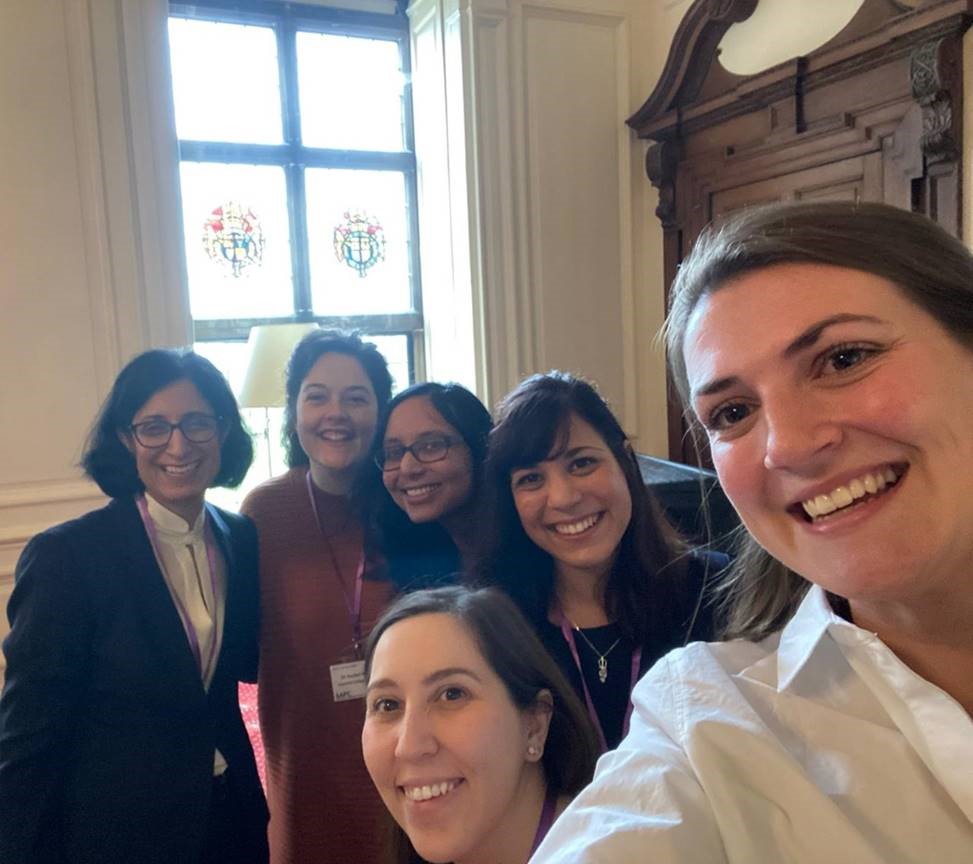
A meridian line is an imaginary circle that passes through the earth’s surface to connect the poles. The prime meridian line runs to within two miles of Madingley, Cambridge. Many of you will be familiar with the beautiful Madingley Hall, where the annual SAPC SE meeting is held in January. Once again, members of the Primary Care Undergraduate Teaching team attended.
This year’s theme was “Academic Primary Care: Optimising Impact”. Our team shared the following impactful projects from the department:
- F-zero – a longitudinal integrated clerkship for final year medical students – Dr Neha Ahuja (OOPE 2018-2019) and Dr Nicky Hawkins (OOPE 2019-2020)
- A primary school based service learning programme – Dr Rachel Pilling (GPST2 Feb-Aug 2019)
- How mindfulness training can build community teachers’ skill – Dr Camille Gajria
The conference was a succinct way to broaden one’s thinking on topical medical education issues. One of the keynotes was an entertaining and sobering talk by Prof Robbie Foy, a world leader in implementation research, and a GP. 85% of health research is wasted1, for multiple reasons including being not contextual enough. For example, when validated tools for depression screening are used in real life, ethnographic studies showed they can become a tick-box exercise and reduce the quality of the consultation for all. He called for more collaborative research implementation that takes account of what happens in real life rather than under study conditions. As general practice educators, I think this pragmatic view of impact is what we try to move our students towards.
The hosting Cambridge team expertly organised it to be an egalitarian, enabling event. Attending SAPC SE was like standing on a meridian, connecting educational research to our teaching practice, and catching up with colleagues while being inspired by new connections.
1 Chalmers I, Glasziou P. Avoidable waste in the production and reporting of research evidence. Lancet. 2009 Jul 4;374(9683):86-9.